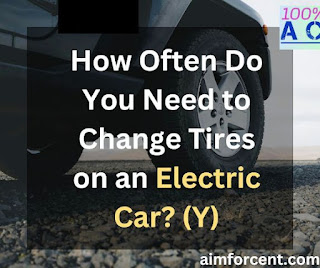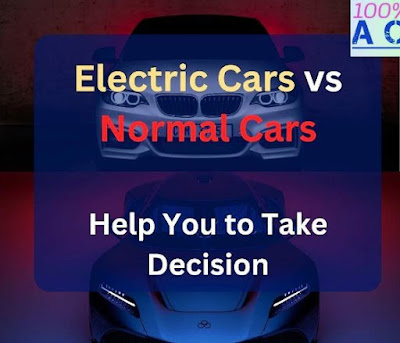5 Reasons Why Will Electric Cars Not Be the Future
Many customers think eclectic cars will be the future of the travel and tourism industry. If you are thinking the same, you are not alone. Are you prepared to learn the disadvantages of EVs? Indeed, manufacturers are focusing on overcoming many of the following issues that I am going to discuss today. Still, these are drawbacks now!
High Upfront Cost of Electric Vehicles
One of the most significant challenges that most EV enthusiasts are facing is the high upfront cost. While government incentives and tax relaxation have made EVs more affordable in recent years, they still tend to be more expensive than their gasoline-powered counterparts.
The main reason for the upfront costs is the use of batteries. Besides that, electric cars often require expensive charging infrastructure, which can further increase their cost.
Range Anxiety of the EV Users
I understand how you felt when you travelled by EV cars! Most EV users have range anxiety and fear that the electric car will run out of power before reaching its destination.
While electric cars have come a long way in terms of range, with some models able to travel over 300 miles on a single charge, this is still a concern for many people.
Unlike gasoline-powered cars, which can be refueled in a matter of minutes, electric cars can take several hours to charge, which is inconvenient for long trips.
Infrastructure of an Electric Vehicle
The infrastructure needed to support electric cars is also a challenge! While there has been significant investment in charging infrastructure in recent years in the USA and eastern countries like India and China, there are still not enough charging stations to support the widespread adoption of electric cars.
Moreover, many charging stations are located in inconvenient locations or have long wait times, which can be frustrating for drivers. Do not worry! It will resolve soon.
Battery Production and Disposal
Another challenge with electric cars is the production and disposal of batteries. Batteries are the heart of electric cars, but their production requires a significant amount of resources and energy. Moreover, batteries have a limited lifespan and must be disposed of properly to avoid environmental damage. Manufacturers are working on improving battery recycling and disposal, but it is still a significant challenge.
Lack of Variety in Features and Models
Another challenge facing electric cars is a lack of variety. While there are several electric car models available, they tend to be limited in terms of size, style, and features. This can be a significant deterrent for many consumers who are looking for a specific type of vehicle that may not be available in an electric model.
Overall Performance of an EV
While electric cars have many benefits, they also have some performance limitations. For example, electric cars often have slower acceleration than gasoline-powered cars, which can be a concern for drivers who are used to a certain level of performance. Additionally, electric cars may not perform well in extreme weather conditions, such as extreme heat or cold, which can limit their usefulness in certain regions.
I think these are the primary drawbacks of electric vehicles, but the higher cost is the most significant one. All the other drawbacks may be solved in the next 10 years, but I think branded electric vehicles will not be more affordable than regular branded cars. Indeed, you can find low-cost EVs from local companies, but they may use cheap quality products to cut expenses. Do you want to learn more about EVs? Read my other posts:
How Long Does Electric Car Battery Last?
Is It Better to Buy a Petrol Car or Electric Car?
Meet Rohan, a writer who loves to inspire and motivate others. He’s all about those feel-good quotes that can light up your day! When he’s not crafting words of encouragement, Rohan dives into the world of the latest technologies, exploring what’s new and exciting. But that’s not all—his heart beats for solar products, the kind that harness the power of the sun for a greener future. And guess what? He’s a total pet lover too! When he’s not busy writing, you’ll find Rohan surrounded by his furry friends, spreading joy and cuddles all around. Follow Rohan on Twitter and Facebook






